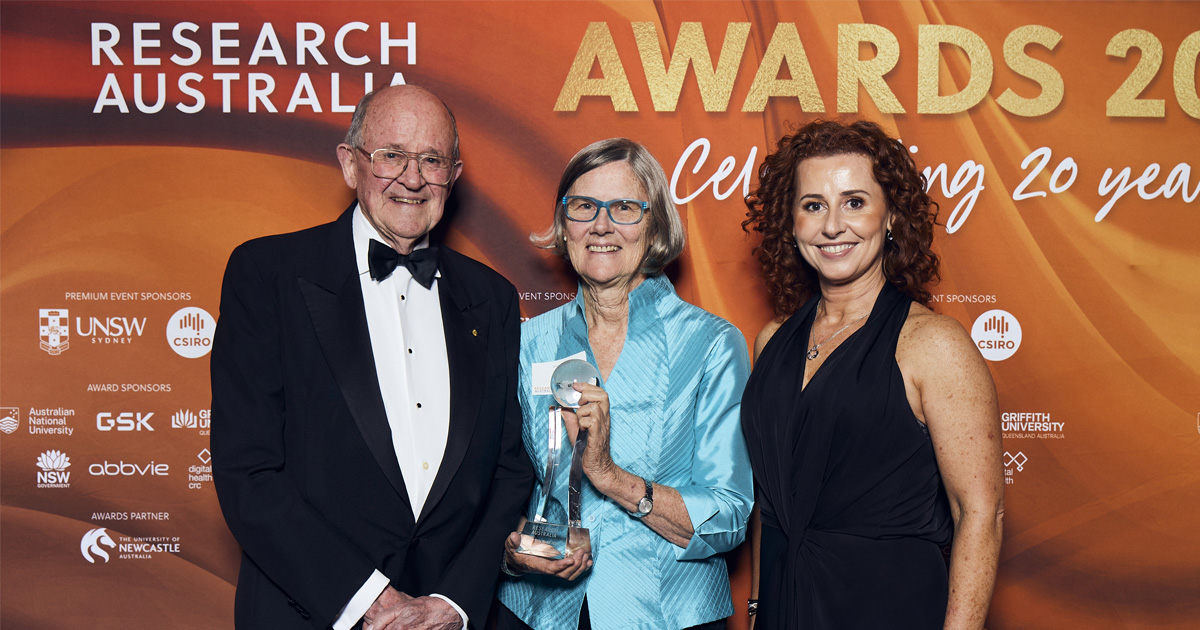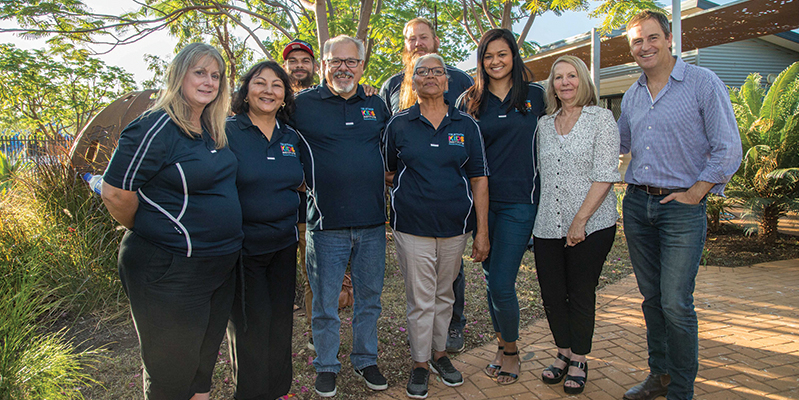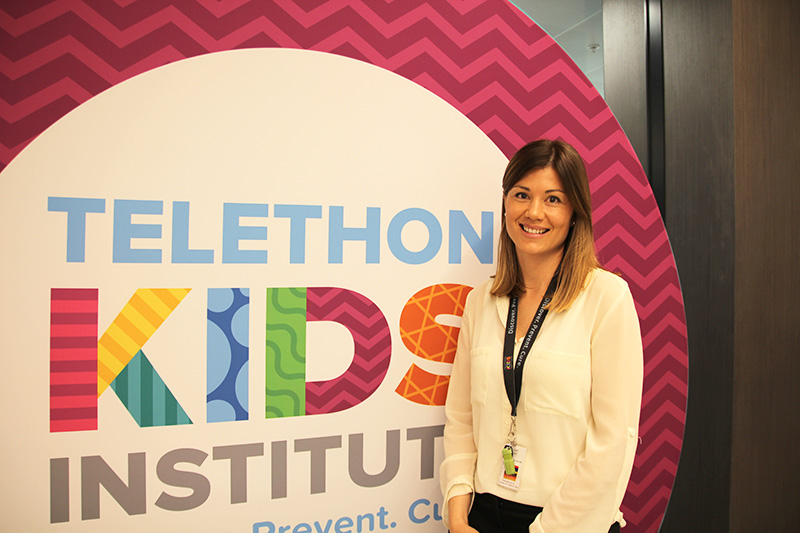Search
As Head of Aboriginal Research Development at Telethon Kids, Glenn Pearson believes his work brings us closer to identifying the real and whole Australian story

News & Events
Flagship award for folate champion Carol BowerOne of The Kids Research Institute Australia’s most influential researchers, who has played a seminal role in birth defect research and advocacy over a four-decade career, has won the Peter Wills Medal – the Australian research community’s flagship award.

News & Events
Proactive measures at Banksia Hill welcomedWe welcome the Cook Labor Government’s plan to introduce proactive measures to improve the safety and welfare of children and young people within the State’s youth justice system.

News & Events
Warajanga marnti warranja – together we walk on countryA $5 million commitment from BHP has allowed The Kids researchers and Aboriginal communities to make FASD history in the Pilbara.

News & Events
Alcohol screening tool transforming maternity practiceA screening tool to help midwives and other health professionals contribute to the prevention of FASD is changing maternity practice across WA public hospitals.

News & Events
Campaign pays off as alcohol labelling gets green lightFollowing strong evidence and lobbying by The Kids Research Institute Australia researchers and others, labels to warn women about the risks of drinking during pregnancy are to become mandatory on all alcohol sold in Australia and New Zealand.

News & Events
New ten-year action plan on FASD provides welcome supportResearchers into fetal alcohol spectrum disorder (FASD) have welcomed the Federal Government’s announcement of a ten-year national action plan that will drive efforts to reduce the impact of FASD on individuals, families and communities.

News & Events
Major conference tackles FASD from the head and the heartHundreds of delegates from around Australia, Canada and New Zealand arrive in Perth this week to discuss the latest knowledge about fetal alcohol spectrum disorder (FASD) at the 2nd Australasian FASD Conference 2018.

News & Events
Young people in detention facing significant communication barriersA study revealing significant levels of language difficulty among detainees at the Banksia Hill Detention Centre underscores the need for more support for young people trying to navigate the justice system, The Kids Research Institute Australia researchers say.

